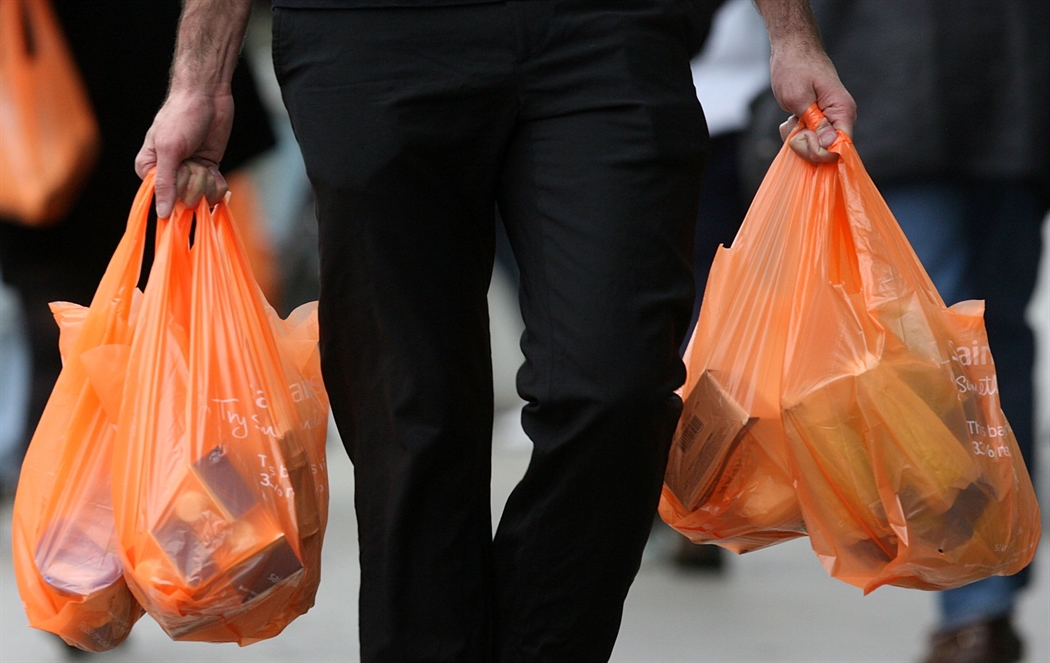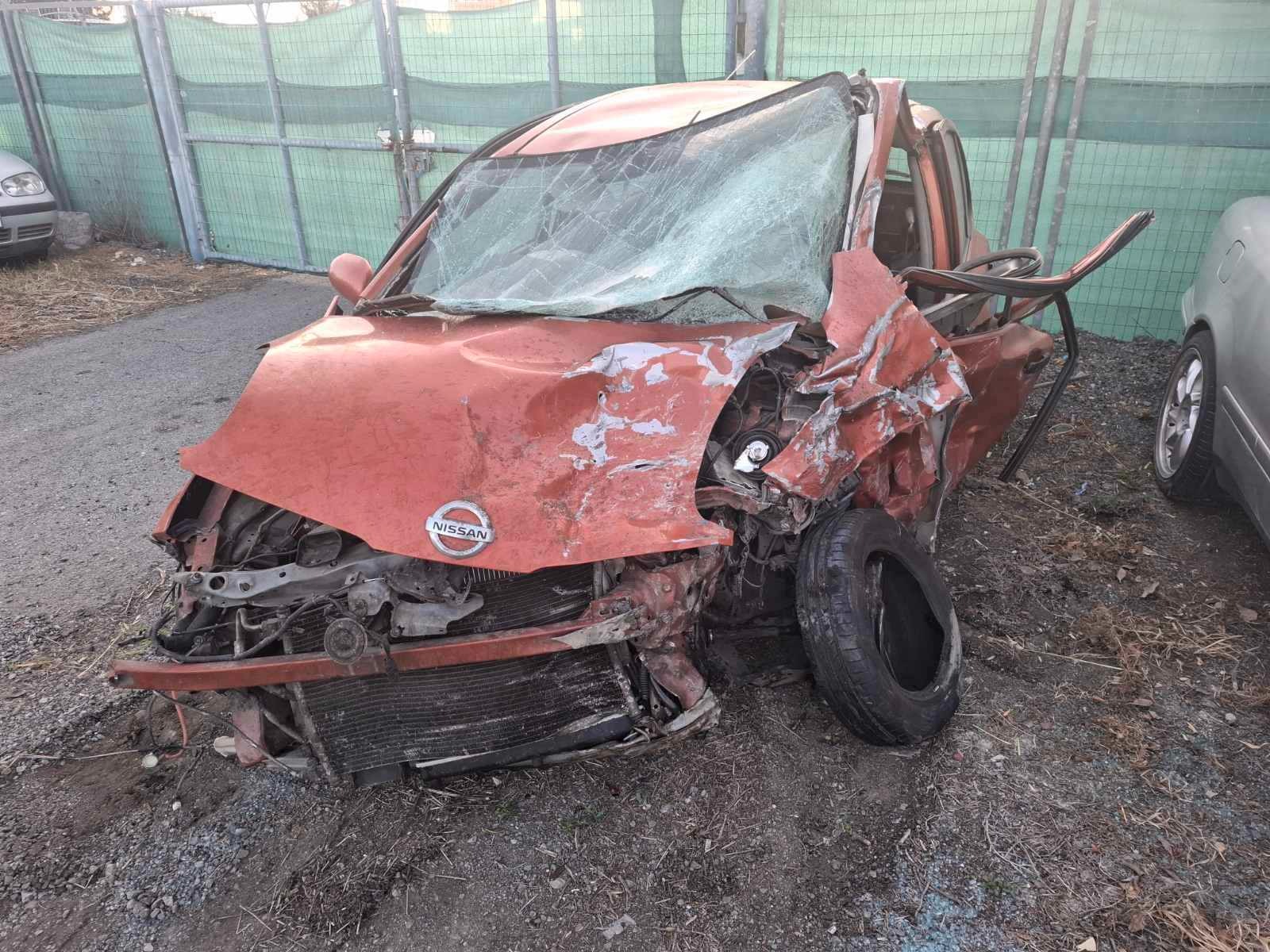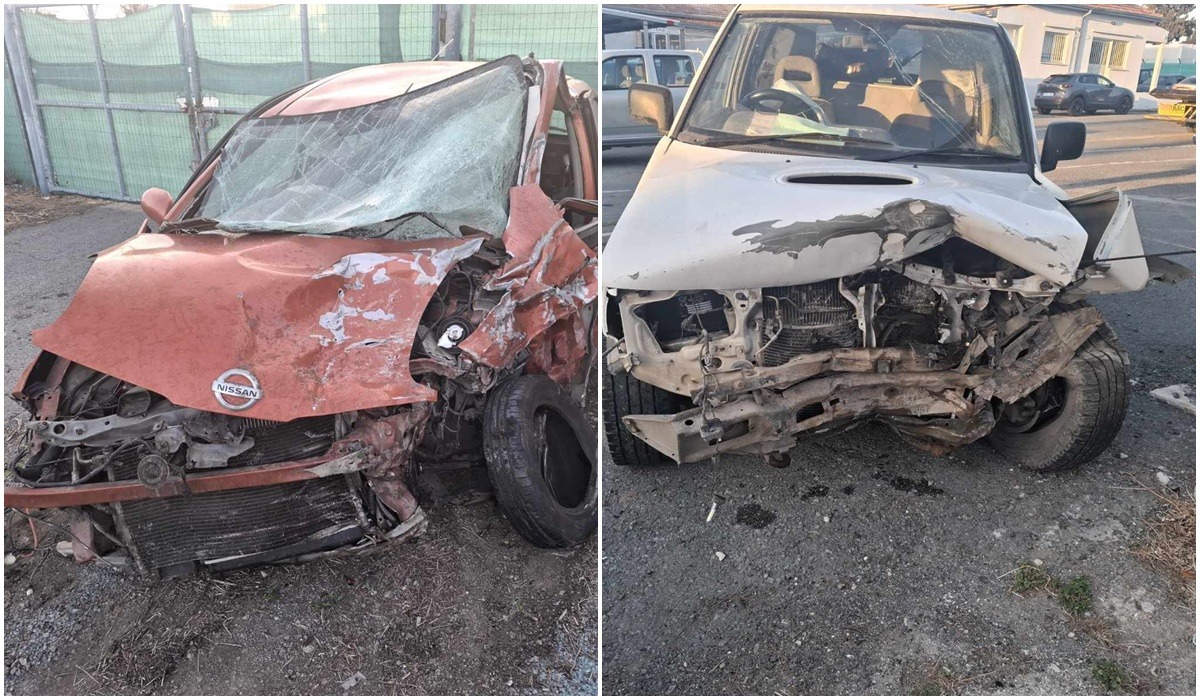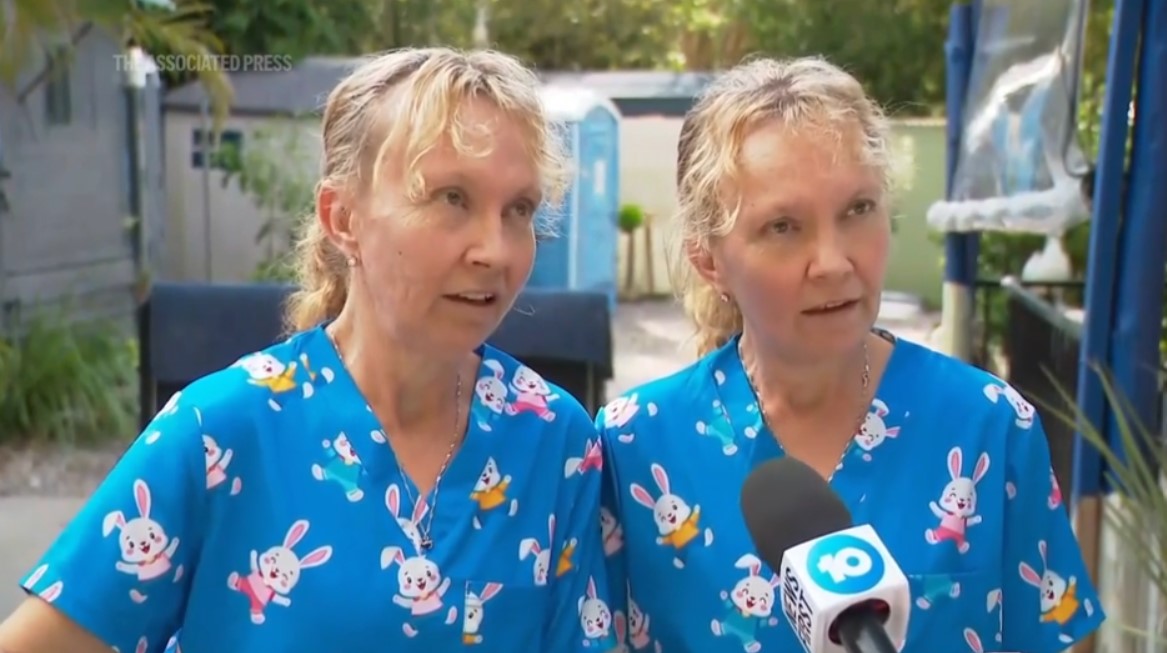Marking International Plastic Bag Free Day, on July 3, the EU has once again highlighted the need for consumers to ditch single use plastic bags and opt for reusables.
This year is the 10th edition of International Plastic Bag Free Day, seen as a unique opportunity to spread the word that a plastic bag free world is possible and that sound environmental alternatives to single use plastic bags are available.
Scores of organisations and hundreds of citizens around the world are taking action to raise awareness on the environmental impact and hazards of single-use plastic bags, and promote more sustainable solutions.
As a result of EU mandated rules prohibiting free plastic bags at outlets, their use in Cyprus has plummeted by 80% in the past year and authorities are now considering a complete ban.
The action in Cyprus comes as part of a strong EU-wide push to deal with single use plastics.
- The EU has adopted:
- * A ban on selected single-use products made of plastic for which alternatives exist on the market: cotton bud sticks, cutlery, plates, straws, stirrers, sticks for balloons, as well as cups, food and beverage containers made of expanded polystyrene and on all products made of oxo-degradable plastic.
- * Measures to reduce consumption of food containers and beverage cups made of plastic and specific marking and labelling of certain products.
- * Extended Producer Responsibility schemes covering the cost to clean-up litter, applied to products such as tobacco filters and fishing gear.
- * A 90% separate collection target for plastic bottles by 2029 (77% by 2025) and the introduction of design requirements to connect caps to bottles, as well as target to incorporate 25% of recycled plastic in PET bottles as from 2025 and 30% in all plastic bottles as from 2030.
The Single-Use Plastics Directive is an essential element of the Juncker Commission’s Circular Economy Action Plan and is part of the EU Plastics Strategy – the most comprehensive strategy in the world which adopts a material-specific lifecycle approach to tackle wasteful and damaging plastic litter and to support the vision of a smart, innovative and sustainable plastics industry.
The Directive follows a similar approach to the successful 2015 Plastic Bags Directive, which brought about a rapid shift in consumer behavior. When implemented the new measures will bring about both environmental and economic benefits, such as for example:
- Avoid the emission of 3.4 million tons of CO2 equivalent.
- Avoid environmental damages which would cost the equivalent of €22 billion by 2030.
- Save consumers a projected €6.5 billion.
















